All-NBA Teams: Players who lost out on money

All-NBA selections have become a higher-stakes award ever since the new CBA was implemented in 2017. That is due to the introduction of higher maximum salaries for players that either earn All-NBA honors, win Defensive Player of the Year, or MVP ahead of their next contract.
Eligible veterans, who aren’t traded after their fourth season, and who earn All-NBA honors in either their seventh or eighth season or their fifth and sixth seasons, become eligible to sign the 35 percent maximum contract reserved for players with 10 years of service. Also, players on their rookie contracts who earn All-NBA honors in their fourth campaign or second and third seasons, become eligible to sign the 30 percent maximum contract reserved for players with at least seven years of service.
We previously looked at the history of players who met the criteria and signed such contracts. Unfortunately, not every player can qualify despite having on-par seasons with peers who did. Here are some of those players that lost out on earnings because of it:
Paul George

Sam Sharpe-USA TODAY Sports
Paul George was a notable omission from All-NBA in 2016-17 but that wasn’t a knock on his performance. He made 3rd Team All-NBA the previous year and was having arguably a better campaign, at least from an efficiency standpoint. Unfortunately for him, the forward race was very competitive. LeBron James, Kevin Durant, Kawhi Leonard, and Draymond Green were shoe-ins from the previous season, while Giannis Antentokounmpo and Jimmy Butler finally ascended to stardom. George would’ve been eligible to sign a supermax that offseason with the Pacers had he qualified, but it may not have mattered. George would subsequently ask for a trade out of Indiana with a preference to land in Los Angeles.
DeMarcus Cousins
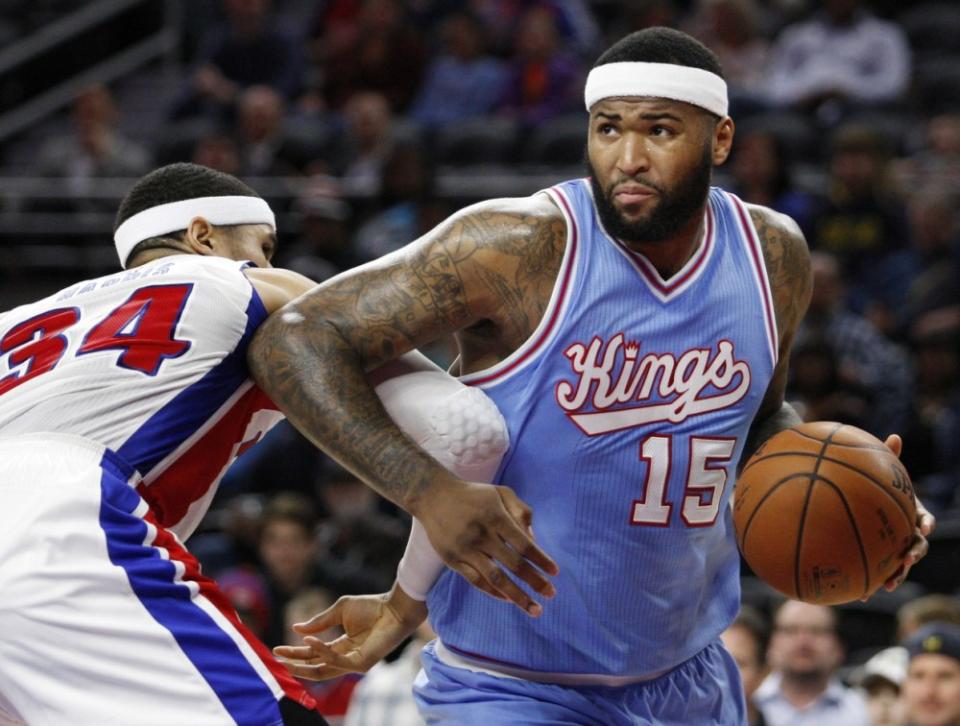
Raj Mehta-USA TODAY Sports
DeMarcus Cousins, who was traded from Sacramento to New Orleans in 2016-17, didn’t earn All-NBA honors that season despite making it in the previous year. However, he wouldn’t have been eligible to sign a supermax with New Orleans since he was only able to sign it with Sacramento. The Kings trading Cousins when they did signaled that they didn’t have any intention of signing him to a supermax even if he qualified.
Blake Griffin
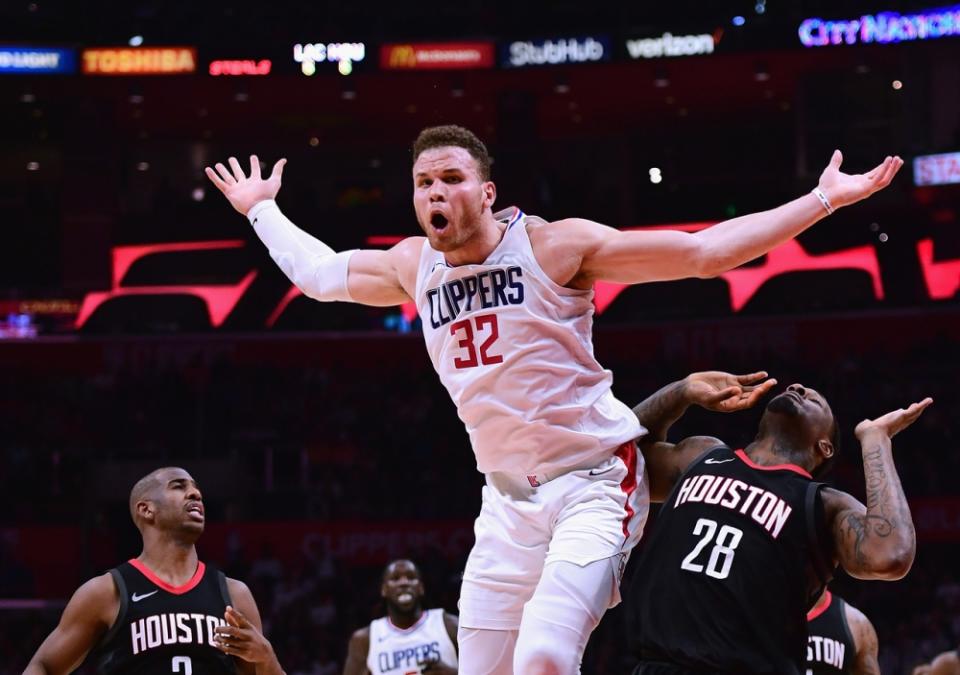
(Photo by Harry How/Getty Images)
Blake Griffin is another player who earned All-NBA honors in the past but his eligibility for the supermax ran out after 2016-17. At the time, he had last earned All-NBA in 2014-15, and would begin regularly missing a sizeable amount of games per season with various injuries. The Clippers re-signed him in the 2017 offseason to a maximum deal worth five years, $171.2 million.
Jimmy Butler

Justin Ford-USA TODAY Sports
Jimmy Butler technically met the criteria by earning All-NBA honors in 2017-18 as a member of the Timberwolves. However, he was no longer eligible having been traded by Chicago to Minnesota after his fourth season. Butler earned All-NBA honors the previous season, and perhaps the possibility of becoming supermax-eligible factored into Chicago’s decision to move him when they did.
DeMar DeRozan

(Photo by Matthew Stockman/Getty Images)
DeMar DeRozan finally earned his first career All-NBA selection in 2017-18 but it came a little too late. The previous season was the cutoff for his eligibility and couldn’t qualify despite earning the honor this season. Even if he was eligible, the Raptors likely wouldn’t have given it to him after immediately shipping him to San Antonio in their trade for Kawhi Leonard.
Kawhi Leonard

Soobum Im-USA TODAY Sports
Kawhi Leonard was a two-time All-NBA player prior to his injured 2017-18 season and likely would’ve qualified for the supermax had he played. However, he lost his eligibility when he requested a trade out of San Antonio and was sent to Toronto. He would go on to make 2nd Team All-NBA in his lone season as a Raptor.
Kristaps Porzingis

Mark J. Rebilas-USA TODAY Sports
Kristaps Porzingis had a strong case to earn one of the All-NBA forward spots in 2017-18 with the way he was playing. Sadly, he suffered a torn ACL which ended his third season early and force him to miss the following season. This injury also took away his opportunity to earn All-NBA in 2018-19, which would’ve made him eligible for a higher maximum rookie-scale contract.
Karl-Anthony Towns

Trevor Ruszkowski-USA TODAY Sports
Karl-Anthony Towns signed a maximum rookie-scale extension in 2018 with provisions for a higher maximum salary if he met the criteria. He made Third Team All-NBA in his third season but needed to earn honors in his fourth season to qualify. He had a great 2018-19 season but was edged out by Rudy Gobert, that year’s Defensive Player of the Year, for the final All-NBA center slot.
Nikola Jokic
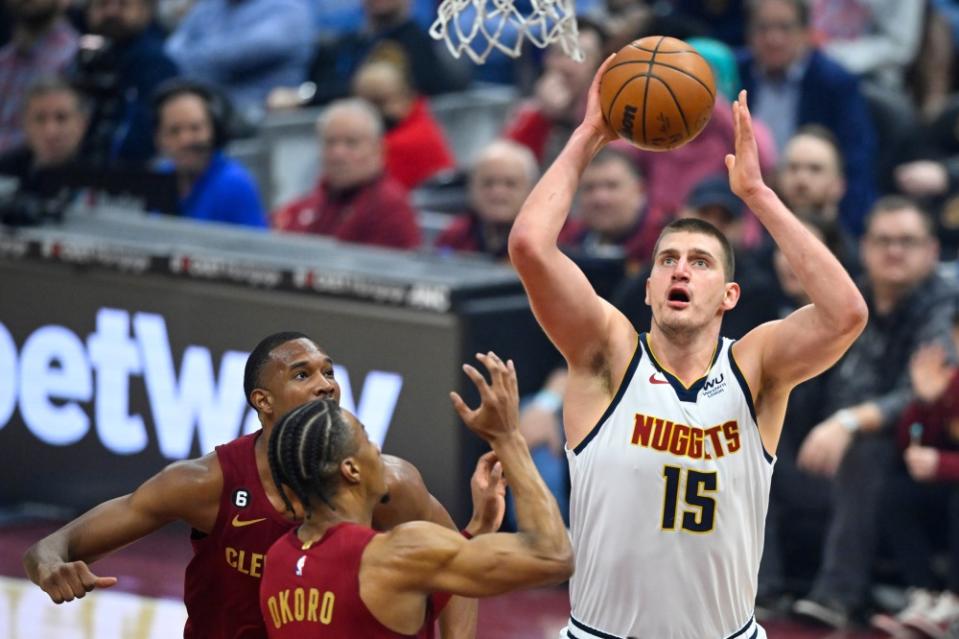
David Richard-USA TODAY Sports
Nikola Jokic earned his first All-NBA selection in 2018-19 but was no longer eligible for a higher maximum second contract. The Nuggets declined his team option in 2018 to make him a restricted free agent and re-signed him to a maximum deal. Had they exercised his team option and allowed him to enter unrestricted free agency in 2019, his fourth year of service would’ve allowed him to re-sign with Denver on a 30 percent maximum salary having made All-NBA that year.
Draymond Green
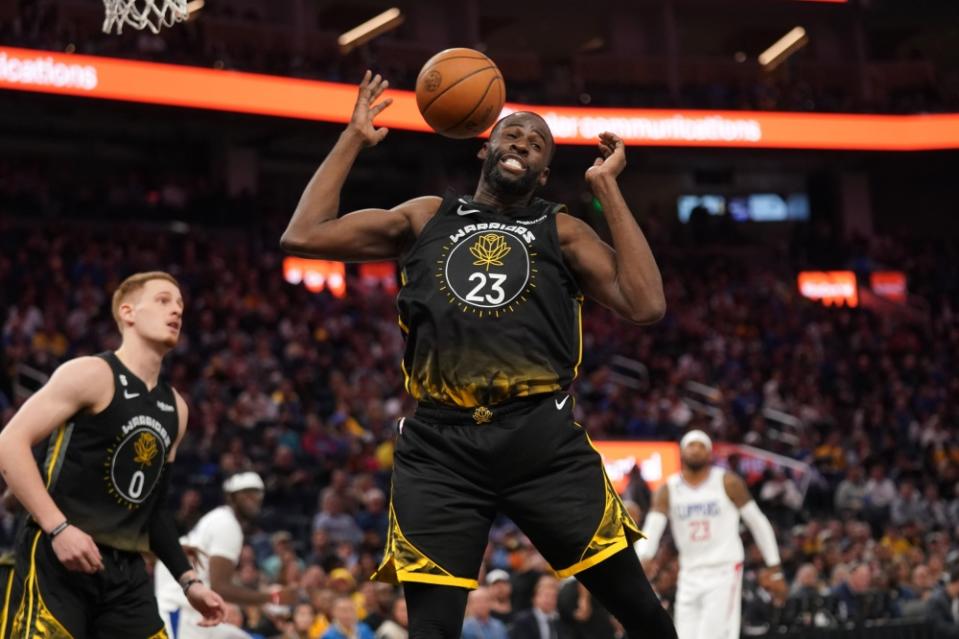
Cary Edmondson-USA TODAY Sports
Draymond Green deserves a mention because he met the criteria by earning All-NBA honors multiple times and winning Defensive Player of the Year. He earned those achievements too early in his career, though, and didn’t meet the criteria in his sixth through eighth seasons. He would go on to extend with the Warriors in 2019 for a maximum of four years, $99.7 million he was eligible for.
Klay Thompson
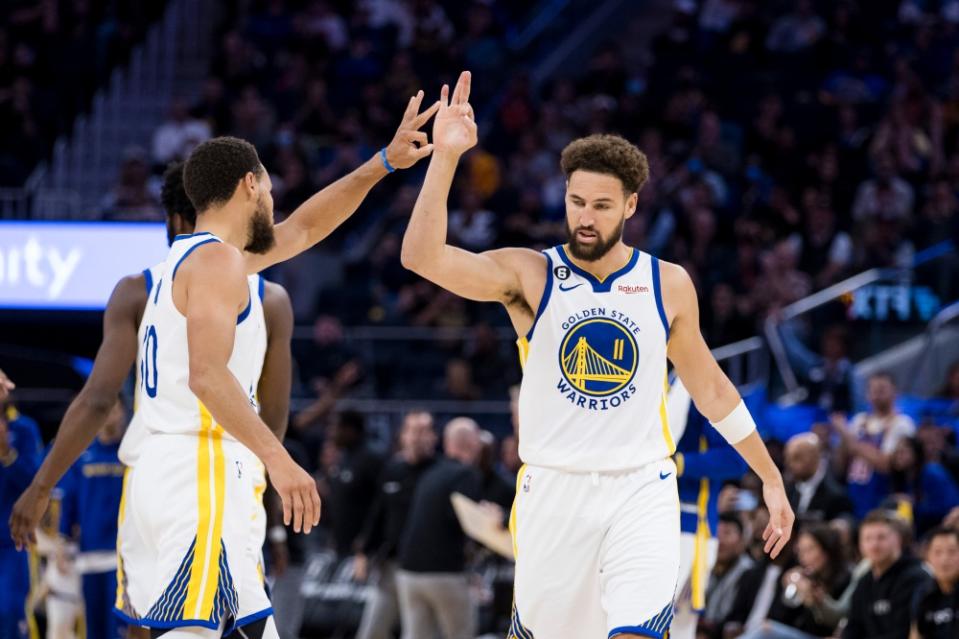
John Hefti-USA TODAY Sports
Klay Thompson was a two-time All-NBA player coming up to the 2018-19 season but needed to qualify that season to be eligible for a supermax. It was a super competitive year for guards and he ultimately did not qualify. That was also his eighth season, which was the cutoff for his eligibility. He would go on to re-sign with the Warriors in the 2019 offseason for a maximum of five years, $189.9 million, which was roughly $32 million less than the supermax he wasn’t eligible for that year.
Bradley Beal

Geoff Burke-USA TODAY Sports
Bradley Beal missed out on All-NBA in 2018-19 but unlike Klay Thompson, he still had another year of eligibility left to qualify for the supermax. Instead of going for it, he signed a short-term maximum extension with the Wizards that would give him the option to become a free agent following his 10th year. This extension eliminated his opportunity to qualify for the supermax, though he would end up getting the same type of contract in the 2022 offseason after accruing his 10th year of service.
Jayson Tatum
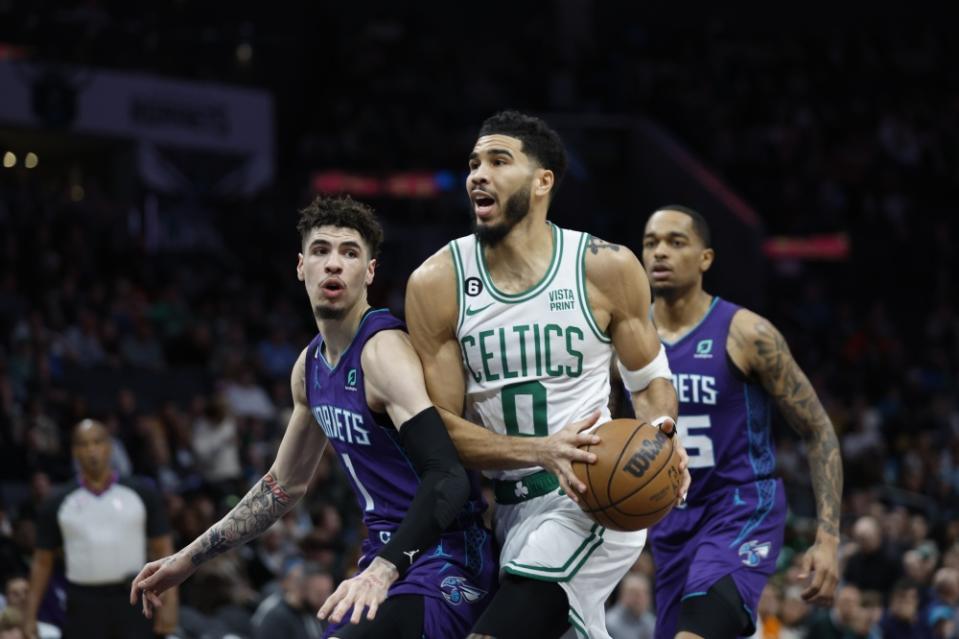
Nell Redmond-USA TODAY Sports
Jayson Tatum missed out on securing the 30 percent maximum salary when he wasn’t named to an All-NBA team in 2020-21. That was the season Julius Randle won Most Improved Player and made one of the more surprising runs to 2nd Team All-NBA. Tatum lost out on $32 million because of this while Randle went on to sign a maximum extension with the Knicks in the 2021 offseason. While Tatum lost out on extra money then, he is on track to qualify for the supermax once he’s presumably selected to an All-NBA Team this season.
Donovan Mitchell

(Photo by Alex Goodlett/Getty Images)
Donovan Mitchell had provisions in his rookie-scale maximum contract with Utah to earn the 30 percent maximum salary if he made an All-NBA team in 2020-21. He fell short in a very competitive guard year with the two 3rd Team selections going to Kyrie Irving and Bradley Beal. Mitchell is on track to earn his first All-NBA selection this season but is no longer eligible to sign the supermax having been traded to Cleveland after his 4th season.
Marcus Smart

Brad Penner-USA TODAY Sports
Marcus Smart deserves a mention because he technically qualified for the supermax by winning Defensive Player of the Year in 2021-22. He forwent his eligibility by signing an extension with the Celtics prior to the start of that season, but it’s unlikely he would’ve received it, let alone a standard maximum contract.

